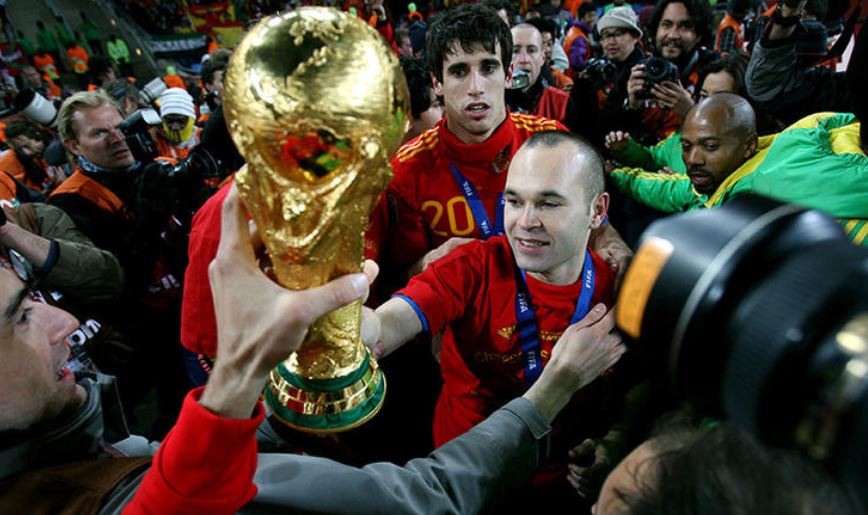×
The Standard e-Paper
Smart Minds Choose Us

The novel coronavirus (Covid-19) pandemic has led to the cancellation or indefinite postponement of big-buck sporting events globally with not so soothing financial implications.
The 2020 Olympic Games in Japan have been hit hard and hard questions have been asked who will foot the bill for postponing the Summer Games to 2021.